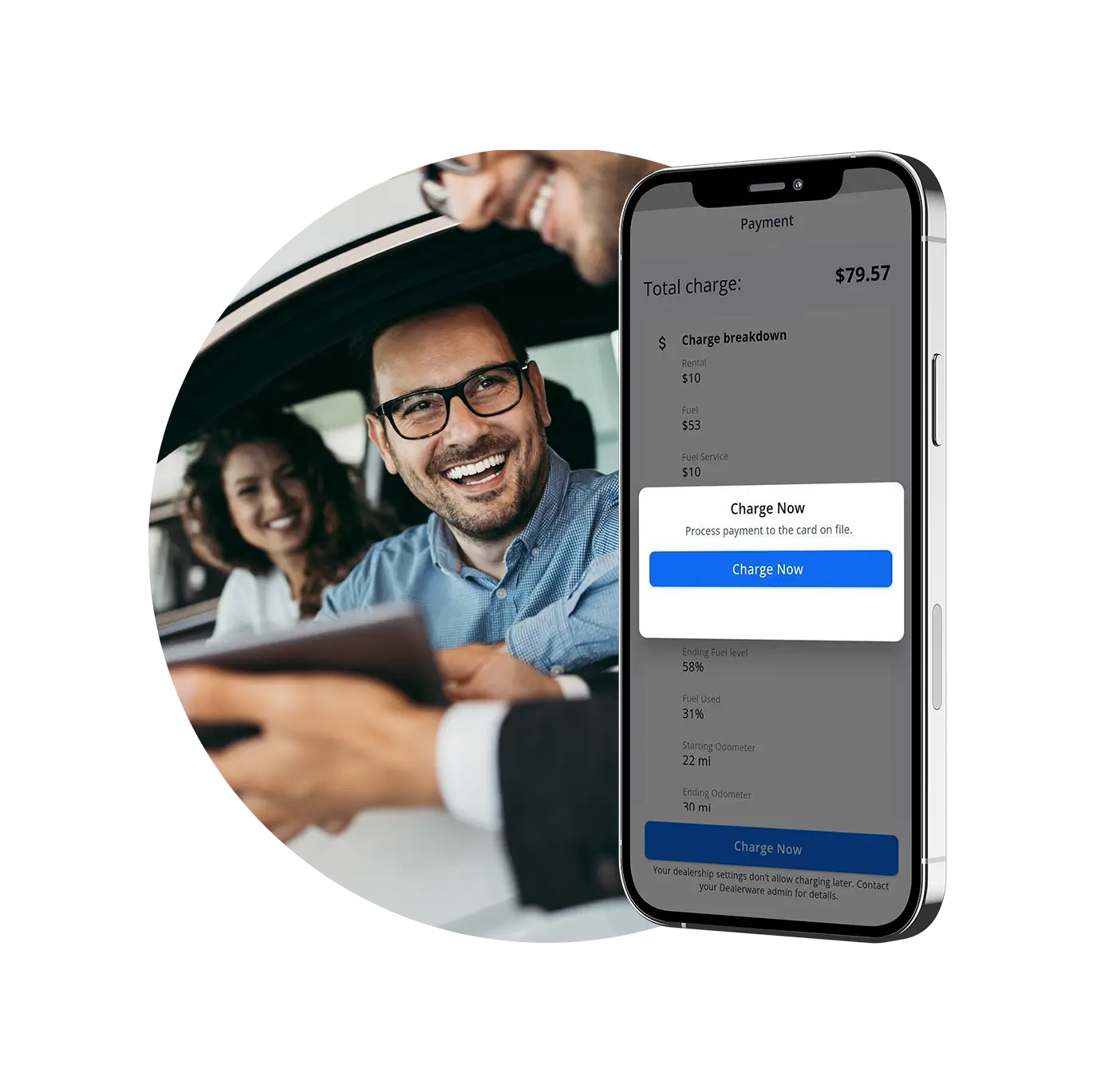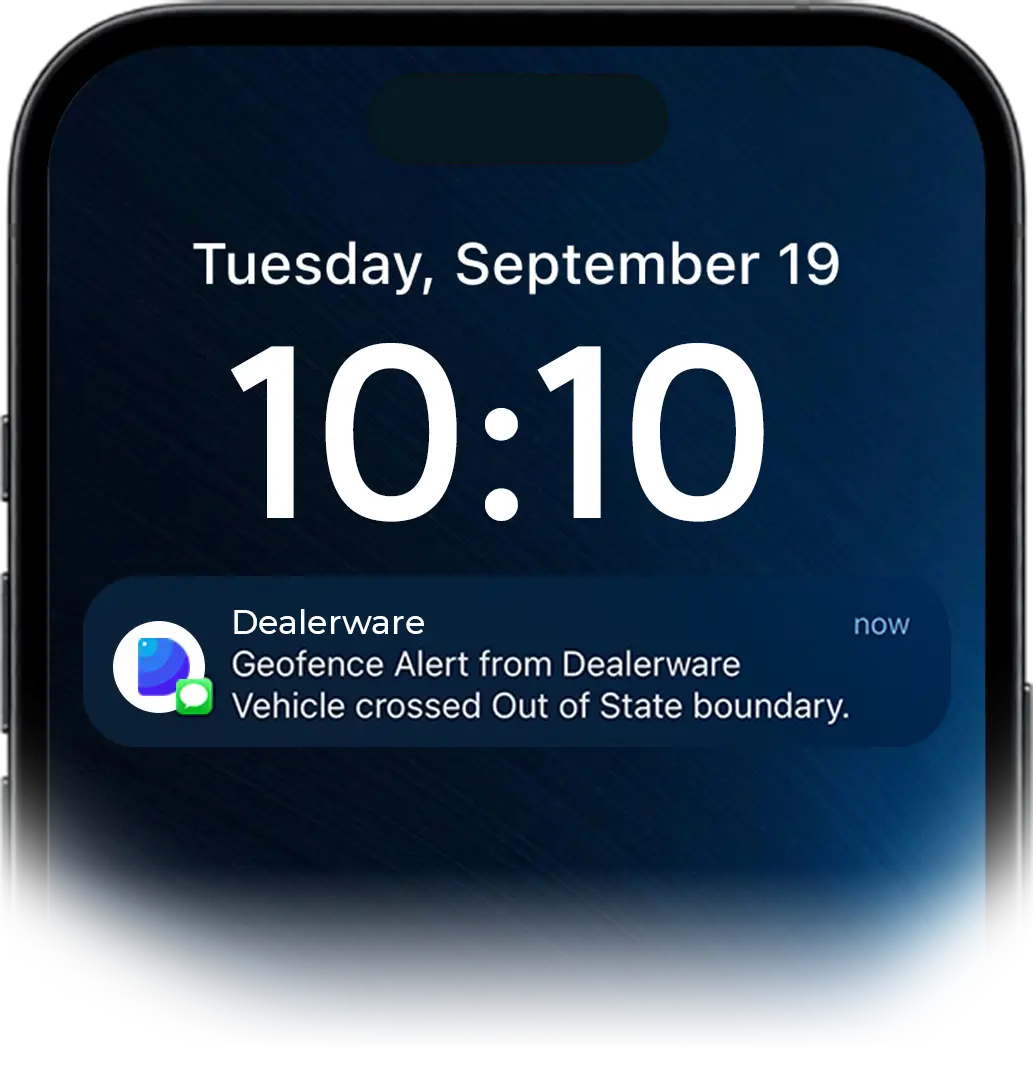Salesforce recently sponsored a webinar on AutoNews about becoming a data-driven organization, and we wanted to apply their lessons more specifically to dealerships and dealer service departments. The panelists spoke about why it is so important to implement data to understand where you are as a business and where you want to be.
According to data acquired by Salesforce, 83% of CEOs want their organization to be more data driven, those that are data driven are 3.3X more likely to utilize data in major decisions. However, only 20% of manufacturing organizations are data leading.
Why is it necessary to implement data intelligence as an organizational priority?
Differentiating from the competition in terms of products and user experience
The main reason data intelligence should be prioritized is to give customers options allowing them to differentiate you from your competition. The ability to focus on what is working with your customers and what you need to change is crucial in standing out in a sea of competitors.
Dealerware has been successful at this with the implementation of pickup and delivery and understanding how it resonated with our customers. Before the pandemic, dealers offering pickup and delivery services were not in the majority. But after nationwide stay-at-home orders forced many dealers to launch pickup and delivery offerings, it became clear that it was a differentiating factor in customer decisions that needed to stay.
Customer experience decisions won’t always be so clear-cut, but having systems in place to make intelligent choices based on data will help any organization measure specific performance attributes of products or about their team, then make targeted improvements to provide more value to customers—and more value they’ll get from competitors.
Using data for operational effectiveness
A lot of organizations are using data to measure operational effectiveness but oftentimes the data is skewed by unnecessary KPIs that don’t necessarily tell a complete story.
For example, compare Google reviews of your competitors in the area. If customers complain that service is slow, go time your own interactions with customers, then make a plan to speed things up. Rather than just looking at internal data points like hitting sales goals, it’s important to look for the context behind your business’ performance, and then use data to build the story of how you got there. Clive Benford, Head of Analytics Corporate Programme, Jaguar Land Rover, who spoke in the Salesforce webinar on AutoNews put it this way: “[Using data to improve pieces of your business] is not a destination, it’s a journey you’re continually progressing to understand what problems I need to solve next and finding what value you can bring from your data.”
Helping your team stay connected to business performance
Creating a data-literate organization will also help your team stay connected, taking the extra step in understanding where you are and empowering the whole business to work toward where you want to be.
We help our customers keep close watch over team performance around things like length of loan and the frequency with which customer charges are left unsettled. This helps managers intervene when they notice changes in an employee’s performance, so that they can understand what’s happening on the ground and adjust team strategy, or just support an employee having a tough week.
Ongoing performance measurement also helps team members see how their work with customers contributes to the business’ bottom line. That’s a key component in keeping employees happy and limiting turnover.
The bottom line is that there is no exact formula to become a data-driven automotive enterprise, but there are some guiding principles that can help you start. First, remember that this is a process that will constantly be changing and requires adaptability. Becoming data-driven requires a fundamental shift of understanding that cross-functional action teams are a necessity if you want to get the most out of your data. And remember to be imaginative, data isn’t just for reporting, but something you can use to tell a complete story about your business’ performance, then set goals for how you want that story to change.
Are you ready to take action and use data to differentiate your business from the rest? You can learn more about how to measure and improve in our e-book Powering Fleet Ops with Data.
Watch the webinar here: 3 Steps to becoming a data-driven automotive enterprise






